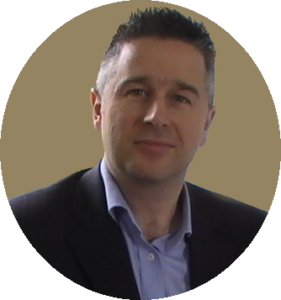
Simon is a qualified Social Worker (DipSW) who has over 20 years of experience in Social Care and Education settings for children and young people who present behaviours of concern as a result of past trauma.
Simon has worked as a Senior Manager within an independent childcare organisation, taking a lead on the training and development of behaviour support and physical intervention within the service. With twelve years experience of residential management, training and consultancy, he has since worked with local authorities, voluntary and independent agencies in children's, adults, health and education provisions, developing policy/procedures and undertaking practice audits.
From June 2008 - April 2014, Simon was the Operations Director of a BILD Accredited behaviour support system that was originally established in 1994 as a result of the Department of Health responding to growing concerns about the safety and welfare of looked after children and young people. He was also one of the Principal Trainers and took responsibility for quality assurance across the organisation.
Simon does not only bring a wealth of real practical experience to his training and the programme development itself, but he sets a very high standard in relation to participant satisfaction and customer relations.
Maria has 13 years of experience in social care and education settings for children, young people and adults. She has worked at both Director and Managing Director level, taking the lead in safeguarding, human resource management, training and development, health and safety and estates and facilities.
Maria held the Executive Team brief for Continuing Professional Development within the Organisation, ensuring that all staff had high-quality training and the opportunity to gain relevant professional accreditation. She delivered training and coaching across the organisation including leadership, performance management, investigation and panel hearing training, personal effectiveness skills, supervision and appraisal training as well as accredited safeguarding training. Maria supported heads of service in both care and education to develop auditing systems for quality assurance purposes against both the care and education standards.
Before moving into social care and education, Maria led a successful management training and consultancy business for 15 years, delivering management training, consultancy, coaching and accredited management qualifications in the public, private and voluntary sectors.
She is passionate about using her knowledge of the unique challenges faced in both social care and education settings to provide managers with the knowledge and skills to carry out their roles successfully and safely. Her delivery, through practical strategies and coaching, has a proven track record of developing confident managers and loyal cohesive teams, resulting in valued relationships which promote autonomy and continuous improvement.
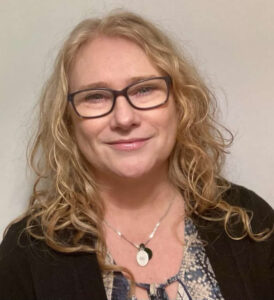
Helen is an experienced trainer with 19 years in SEMH children's residential and special educational settings and holds the L5 Diploma in Leadership of Children's Services and L5 ILM cert in Leadership and Management.
In 2014, Helen implemented the Secure Base Model of Care (Schofield and Beek, University of East Anglia) across the organisation. Working in close collaboration with the founders she adapted the model for residential care settings. She then extended the model into educational settings. She was asked to present this work at the Secure Base Network Meetings in London and later to Norfolk County Council to demonstrate the benefits of using the Secure Base model in Special School settings.
Helen recognises that education offers many barriers for children to thrive and has worked closely with SEMH schools to align staff with therapeutic practice. This has resulted in creating a briefing system to ensure consistent approaches are used schoolwide.
She has delivered INSET days to schools on trauma-informed education and has carried out consultancy work in both schools and with foster carers to identify where trauma-informed practice could improve outcomes. She has now embarked on a book (The A-Z of Behaviours in the Classroom) and believes that it will offer teaching staff valuable insight into why trauma-informed practice is so important and offers strategies for supporting over 50 different behaviours commonly seen in the classrooms.

Gary has been qualified (Registered General Nurse) for 32 years with experience in medical, surgical and trauma settings. He was the Clinical Practice Development Nurse for a large General Hospital in the North West with responsibility for supporting over 2500 staff dealing with violence and aggression in all clinical settings.
Gary has worked as a physical intervention instructor since 2002. After leaving the NHS, he worked as a Principal Trainer for an organisation that delivered BILD Accredited Behaviour Support training and worked extensively in the adolescent Secure Estate. During this time, he also delivered Clinical Holding Training for the staff at Great Ormond Street Hospital, as well as consultancy work for Young Epilepsy and a number of Adult Social Care provisions in relation to the application of physical skills for clinical procedures. This included NG Feeds, taking bloods and Venepuncture & Cannulation.
Gary then spent 8 years as a Senior Instructor for a well-known organisation that delivers scenario-based, Trauma Management Training for armed Police and public order Medics. Many of the lessons learned during this period have been applied to the +ProActive Approaches courses. This includes the fact that the courses are not only instructional but also realistic.
Gary continues to deliver clinical skills training in a number of clinical settings in both Primary and Secondary Care, including both General and Psychiatric.
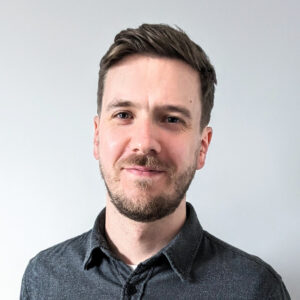
Phil has an extensive background in delivering training, with the last 5 years focused on SEMH children’s residential and specialist educational settings. Phil holds a L3 Certificate Education and Training, and more recently has been working towards his L5 Diploma in Education and Training.
Phil started working with children and young people in 2009. He most recently worked as a Lead Training Coordinator for a company providing clinically-informed children's education and residential care. In this role, Phil delivered bespoke training to a wide range of professionals, with a focus on attachment and trauma, and positive behaviour support. Phil also delivered statutory safeguarding training, as well as First Aid.
Phil played a key role in the rollout of +ProActive Approaches training within his previous organisation, ensuring a smooth transition between behaviour support frameworks. He felt passionate about promoting a child centred approach, and encouraging a shift in culture towards empathetic and understanding staff teams. Phil was the lead in-house trainer, coordinating the efforts of 9 other in-house trainers to make the rollout a success.
Phil has assisted newly qualified in-house trainers whilst they transition across to +ProActive Approaches. Over the course of these rollouts, Phil spends his time not only teaching staff but also continuing to support the trainers with their confidence and progress. Phil works closely with the trainers to provide individualised feedback, support and plans for their development.
Phil is an enthusiastic, supportive and passionate trainer who is dedicated to changing staff perceptions. He nurtures enthusiasm and passion in carers and trainers alike to support the children and young people they work with on their road to recovery.
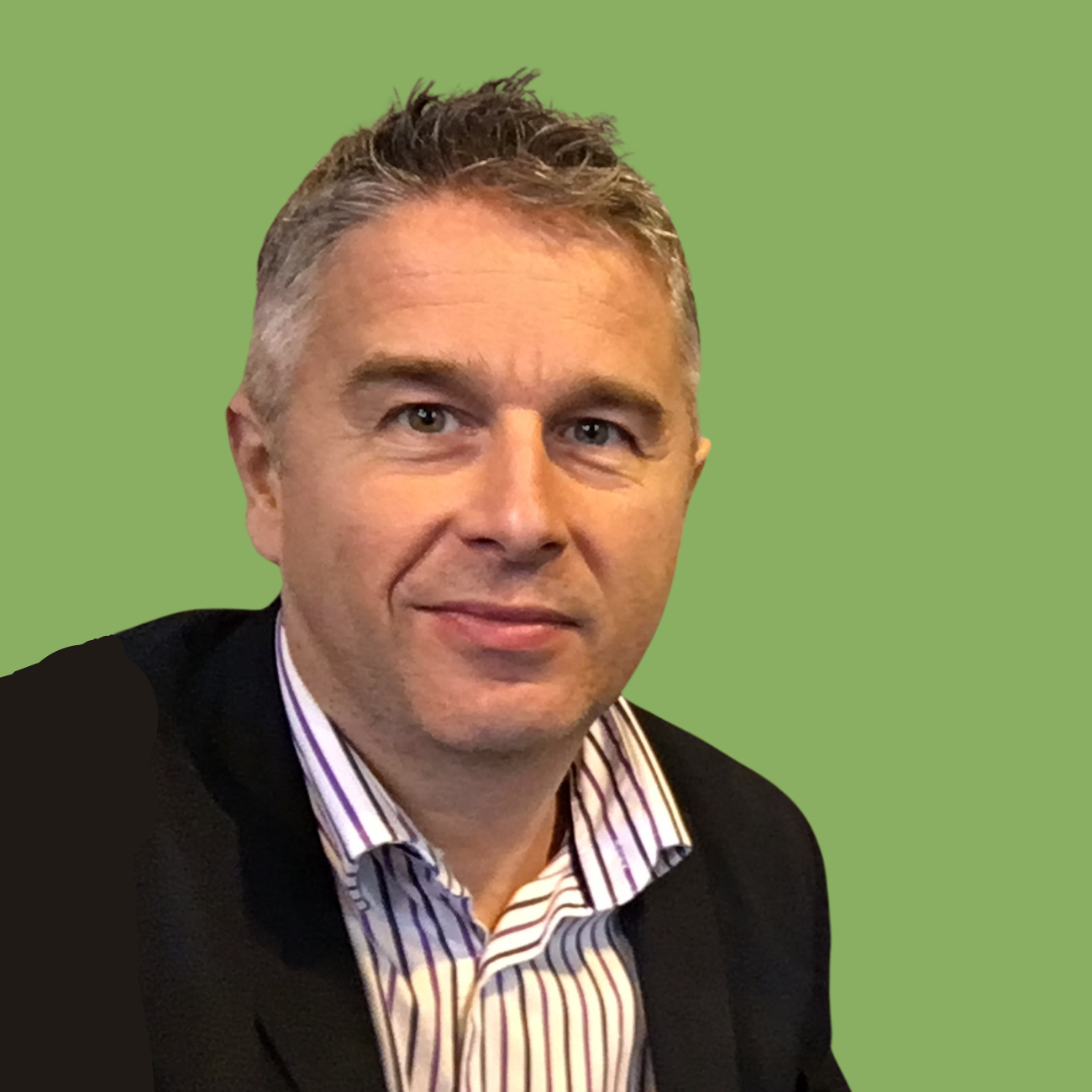
Simon is a qualified Social Worker (DipSW) who has over 20 years of experience in Social Care and Education settings for children and young people who present behaviours of concern as a result of past trauma.
Simon has worked as a Senior Manager within an independent childcare organisation, taking the lead on the training and development of behaviour support and physical intervention within the service. With twelve years experience of in residential management, training and consultancy, he has since worked with local authorities, voluntary and independent agencies in children’s, adults, health and education provisions, developing policy/procedures and undertaking practice audits.
From June 2008 – April 2014, Simon was the Operations Director of a BILD Accredited behaviour support system that was originally established in 1994 as a result of the Department of Health responding to growing concerns about the safety and welfare of looked after children and young people. He was also one of the Principal Trainers and took responsibility for quality assurance across the organisation.
Simon does not only bring a wealth of real practical experience to his training and the programme development itself, but he sets a very high standard in relation to participant satisfaction and customer relations.
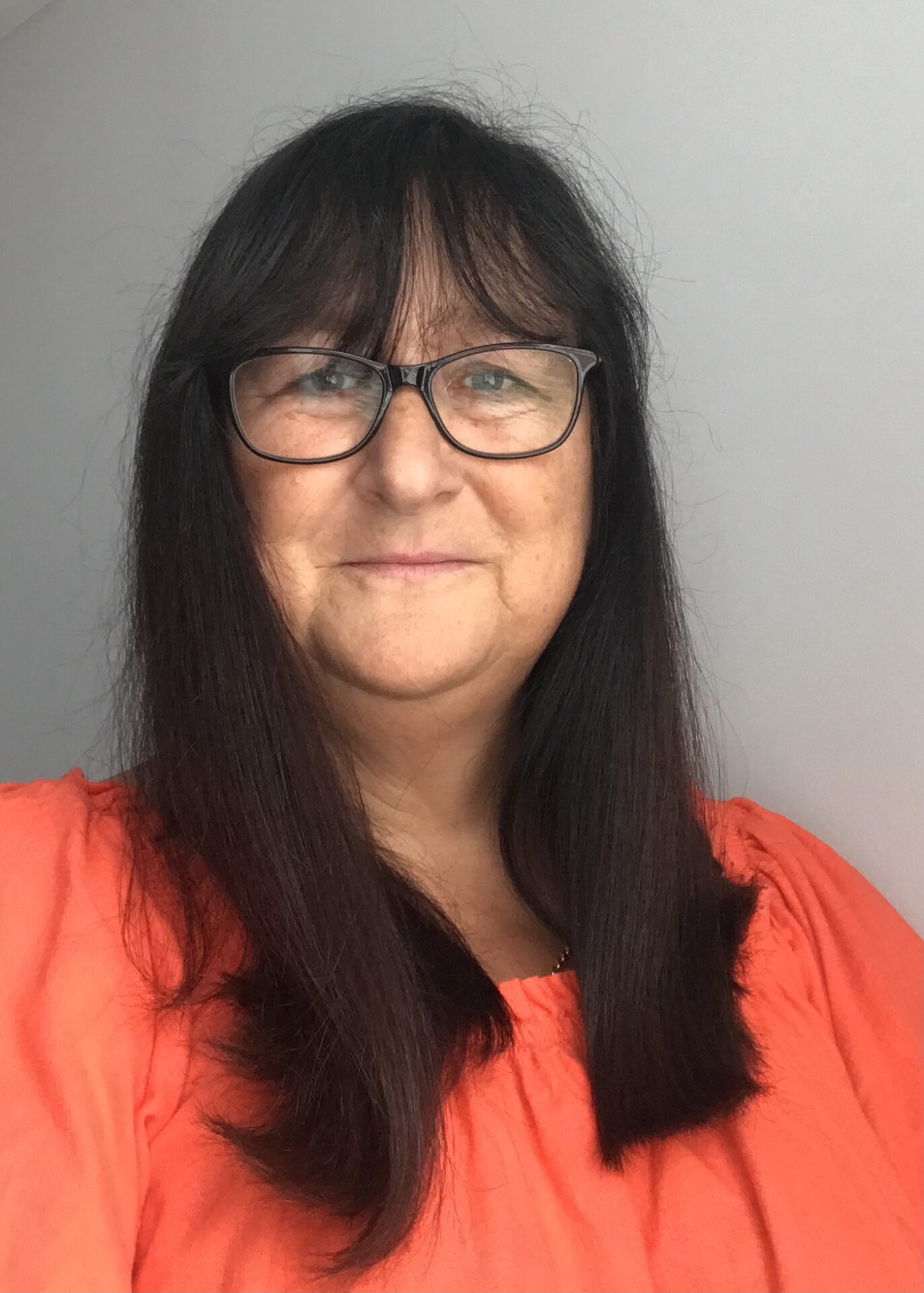
Maria has 13 years of experience in social care and education settings for children, young people and adults. She has worked at both Director and Managing Director level, taking the lead in safeguarding, human resource management, training and development, health and safety and estates and facilities.
Maria held the Executive Team brief for Continuing Professional Development within the Organisation, ensuring that all staff had high-quality training and the opportunity to gain relevant professional accreditation. She delivered training and coaching across the organisation including leadership, performance management, investigation and panel hearing training, personal effectiveness skills, supervision and appraisal training as well as accredited safeguarding training. Maria supported heads of service in both care and education to develop auditing systems for quality assurance purposes against both the care and education standards.
Before moving into social care and education, Maria led a successful management training and consultancy business for 15 years, delivering management training, consultancy, coaching and accredited management qualifications in the public, private and voluntary sectors.
She is passionate about using her knowledge of the unique challenges faced in both social care and education settings to provide managers with the knowledge and skills to carry out their roles successfully and safely. Her delivery, through practical strategies and coaching, has a proven track record of developing confident managers and loyal cohesive teams, resulting in valued relationships which promote autonomy and continuous improvement.
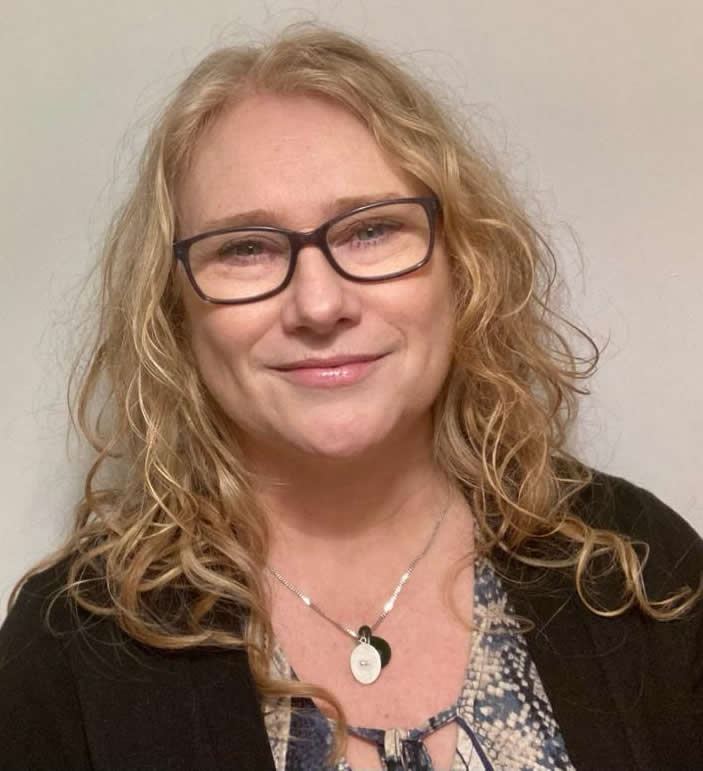
Helen is an experienced trainer with 19 years in SEMH children’s residential and special educational settings and holds the L5 Diploma in Leadership of Children’s Services and L5 ILM cert in Leadership and Management.
In 2014, Helen implemented the Secure Base Model of Care (Schofield and Beek, University of East Anglia) across the organisation. Working in close collaboration with the founders she adapted the model for residential care settings. She then extended the model into educational settings. She was asked to present this work at the Secure Base Network Meetings in London and later to Norfolk County Council to demonstrate the benefits of using the Secure Base model in Special School settings.
Helen recognises that education offers many barriers for children to thrive and has worked closely with SEMH schools to align staff with therapeutic practice. This has resulted in creating a briefing system to ensure consistent approaches are used schoolwide.
She has delivered INSET days to schools on trauma-informed education and has carried out consultancy work in both schools and with foster carers to identify where trauma-informed practice could improve outcomes. She has now embarked on a book (The A-Z of Behaviours in the Classroom) and believes that it will offer teaching staff valuable insight into why trauma-informed practice is so important and offers strategies for supporting over 50 different behaviours commonly seen in the classrooms.

Gary has been qualified (Registered General Nurse) for 32 years with experience in medical, surgical and trauma settings. He was the Clinical Practice Development Nurse for a large General Hospital in the North West with responsibility for supporting over 2500 staff dealing with violence and aggression in all clinical settings.
Gary has worked as a physical intervention instructor since 2002. After leaving the NHS, he worked as a Principal Trainer for an organisation that delivered BILD Accredited Behaviour Support training and worked extensively in the adolescent Secure Estate. During this time, he also delivered Clinical Holding Training for the staff at Great Ormond Street Hospital, as well as consultancy work for Young Epilepsy and a number of Adult Social Care provisions in relation to the application of physical skills for clinical procedures. This included NG Feeds, taking bloods and Venepuncture & Cannulation.
Gary then spent 8 years as a Senior Instructor for a well-known organisation that delivers scenario-based, Trauma Management Training for armed Police and public order Medics. Many of the lessons learned during this period have been applied to the +ProActive Approaches courses. This includes the fact that the courses are not only instructional but also realistic.
Gary continues to deliver clinical skills training in a number of clinical settings in both Primary and Secondary Care, including both General and Psychiatric.
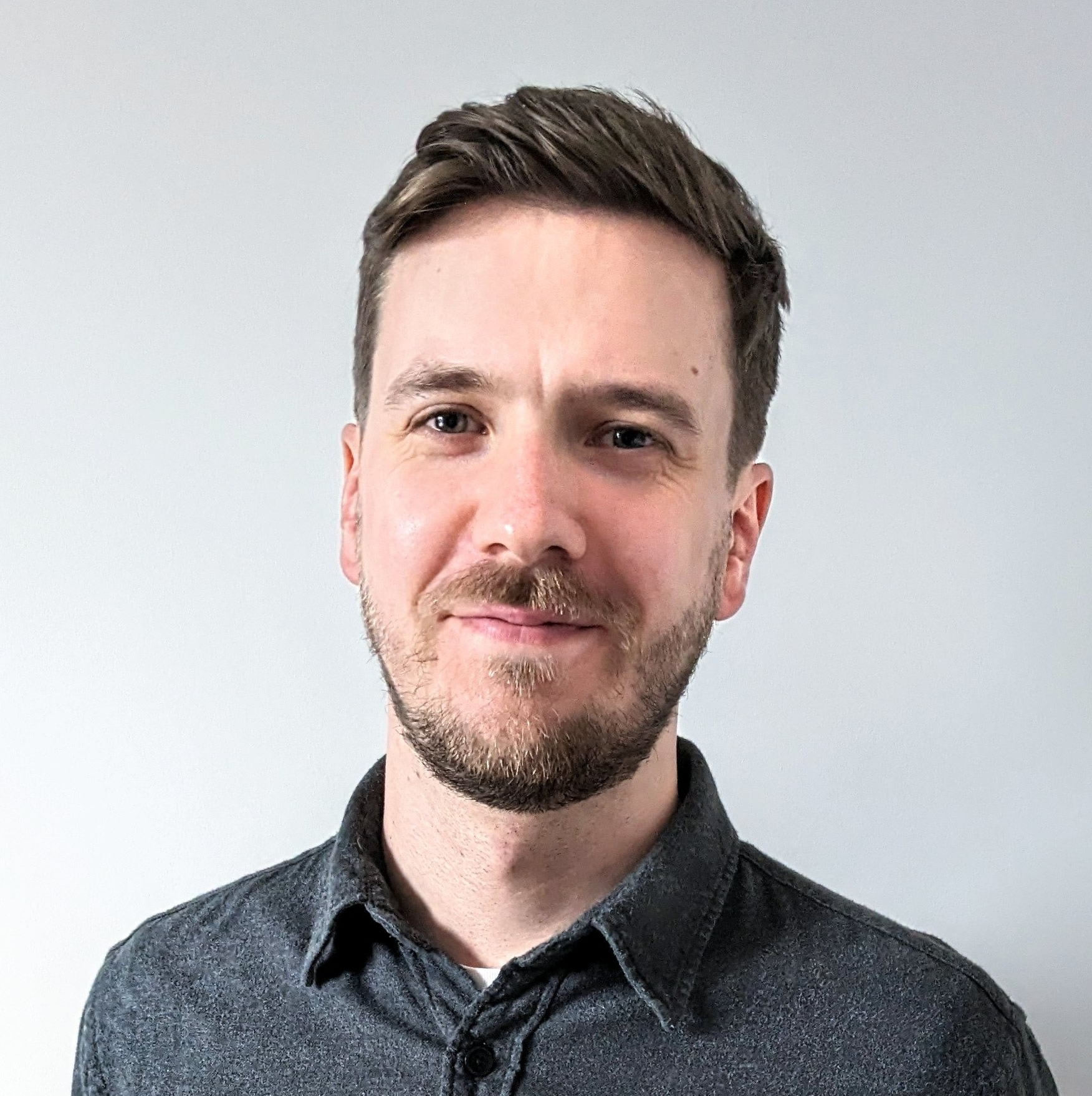
Phil has an extensive background in delivering training, with the last 5 years focused on SEMH children’s residential and specialist educational settings. Phil holds a L3 Certificate Education and Training, and more recently has been working towards his L5 Diploma in Education and Training.
Phil started working with children and young people in 2009. He most recently worked as a Lead Training Coordinator for a company providing clinically-informed children’s education and residential care. In this role, Phil delivered bespoke training to a wide range of professionals, with a focus on attachment and trauma, and positive behaviour support. Phil also delivered statutory safeguarding training, as well as First Aid.
Phil played a key role in the rollout of +ProActive Approaches training within his previous organisation, ensuring a smooth transition between behaviour support frameworks. He felt passionate about promoting a child centred approach, and encouraging a shift in culture towards empathetic and understanding staff teams. Phil was the lead in-house trainer, coordinating the efforts of 9 other in-house trainers to make the rollout a success.
Phil has assisted newly qualified in-house trainers whilst they transition across to +ProActive Approaches. Over the course of these rollouts, Phil spends his time not only teaching staff but also continuing to support the trainers with their confidence and progress. Phil works closely with the trainers to provide individualised feedback, support and plans for their development.
Phil is an enthusiastic, supportive and passionate trainer who is dedicated to changing staff perceptions. He nurtures enthusiasm and passion in carers and trainers alike to support the children and young people they work with on their road to recovery.
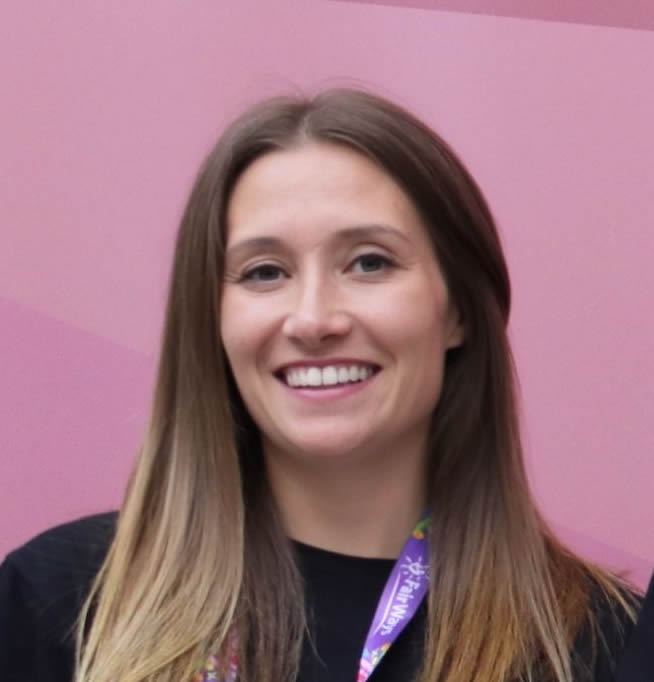
Lucy is a dedicated trainer in trauma-informed approaches, with significant experience of working within services that support children in residential care and students in SEMH (Social, Emotional, and Mental Health) schools. With a decade of experience in the field, and 20 years of experience in supporting children and leadership roles across residential care and education in the UK and Internationally.
Lucy holds a Level 5 Diploma in Leadership in Reducing Restrictive Practices and an advanced Diploma in Therapeutic Life Story Work. Outside of ProActive Approaches, she is the creator and implementer of the bespoke trauma-informed programme, RiiSE (Relationship Inspired Ideas for Supportive Environments), which is also certified by the British Institute of Learning Disabilities (BILD). Her expertise and innovative contributions have significantly enhanced the support and care provided to vulnerable individuals.
Lucy specialises in making complex training easily understandable and practical for implementation, always ensuring that the voice of the child is at the heart of her approach. She is adept at breaking down intricate concepts into accessible strategies, empowering caregivers and educators to create supportive environments where children feel heard and valued. Additionally, Lucy trains in-house coaches and monitors restrictive physical interventions across an organisation, ensuring safe and effective practices are consistently applied. Her dedication to centring the child’s perspective ensures that their needs and experiences are prioritised in every aspect of care and education.
Our goal is to enhance quality of life for everyone with a compelling emphasis on the benefits of healthy, therapeutic relationships. We do this by delivering trauma and research-informed, attachment aware education with a strong focus on reducing restrictive practices & restraint (#AimingForZero).


